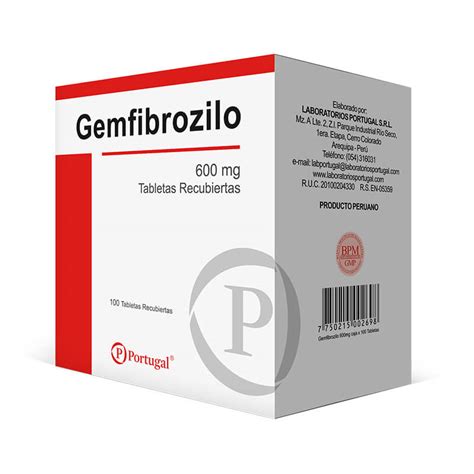Cortisol Blood Test

The cortisol blood test is a crucial diagnostic tool used to measure the levels of cortisol in the blood. Cortisol, often referred to as the “stress hormone,” plays a vital role in various bodily functions, including metabolism, immune response, and helping the body respond to stress. An imbalance of cortisol, either too high or too low, can lead to several health issues, making the cortisol blood test an essential component of diagnosing and managing conditions related to cortisol imbalance.
Understanding Cortisol
Cortisol is a steroid hormone produced by the adrenal glands, which are located on top of the kidneys. It is released in response to stress and low blood glucose. Cortisol’s functions are multifaceted, including aiding in the metabolism of fat, protein, and carbohydrates, reducing inflammation, and assisting with memory formulation. The level of cortisol in the body typically follows a circadian rhythm, peaking in the early morning and decreasing at night.
Reasons for the Test
The cortisol blood test is ordered for several reasons, primarily to diagnose and monitor conditions associated with excess or deficient cortisol production. Some of these conditions include:
- Cushing’s Syndrome: A rare endocrine disorder caused by excess cortisol levels. Symptoms include weight gain, particularly in the abdominal area, hypertension, and changes in skin and hair.
- Addison’s Disease: A condition characterized by the insufficient production of cortisol and, in some cases, aldosterone. Symptoms can include fatigue, weight loss, and changes in skin pigmentation.
- Adrenal Insufficiency: A condition where the adrenal glands do not produce adequate amounts of cortisol and, in some cases, aldosterone.
How the Test is Conducted
The cortisol blood test is relatively straightforward and involves drawing a blood sample from a vein in the arm. This sample is then sent to a laboratory for analysis. The timing of the test can be important because cortisol levels naturally fluctuate throughout the day. Typically, the test is conducted in the morning when cortisol levels are usually at their peak.
Interpreting Test Results
Interpretation of the cortisol blood test results requires the expertise of a healthcare provider, as the normal range can vary slightly depending on the laboratory and the individual’s condition. Generally, high cortisol levels may indicate Cushing’s Syndrome or other conditions leading to excess cortisol production. Low levels might suggest Addison’s Disease, adrenal insufficiency, or other conditions associated with insufficient cortisol production.
Preparing for the Test
There are several steps individuals can take to prepare for a cortisol blood test:
- Medications: Certain medications can affect cortisol levels. The healthcare provider may ask the patient to stop taking these medications for a period before the test.
- Stress: High levels of stress can elevate cortisol levels, potentially affecting test results. While it’s difficult to avoid stress entirely, individuals should aim to maintain a calm state before the test.
- Sleep: Getting adequate sleep is important, as sleep disturbances can influence cortisol levels.
- Diet and Exercise: Maintaining a regular diet and avoiding strenuous exercise before the test can help ensure more accurate results.
FAQs
What is the normal range for cortisol levels in the blood?
+The normal range for cortisol levels can vary between laboratories but is generally between 5 to 23 micrograms per deciliter (μg/dL) in the morning. It's essential to consult with a healthcare provider for personalized interpretation.
Can cortisol levels be affected by factors other than health conditions?
+Yes, several factors can influence cortisol levels, including sleep patterns, stress levels, diet, exercise, and certain medications. It's crucial to discuss these factors with a healthcare provider to ensure accurate test results.
How is a cortisol imbalance treated?
+Treatment for cortisol imbalance depends on the underlying cause. For excess cortisol (Cushing's Syndrome), treatment may involve medication, surgery, or radiation therapy to reduce cortisol production. For deficient cortisol (Addison's Disease or adrenal insufficiency), treatment typically involves hormone replacement therapy to restore normal cortisol levels.
Conclusion
The cortisol blood test is a valuable diagnostic tool for assessing cortisol levels in the body. Understanding cortisol’s role and the implications of its imbalance can help individuals better navigate the diagnostic process and subsequent treatment options. By maintaining open communication with healthcare providers and following pre-test instructions carefully, individuals can ensure that their cortisol blood test provides accurate and useful insights into their health.



